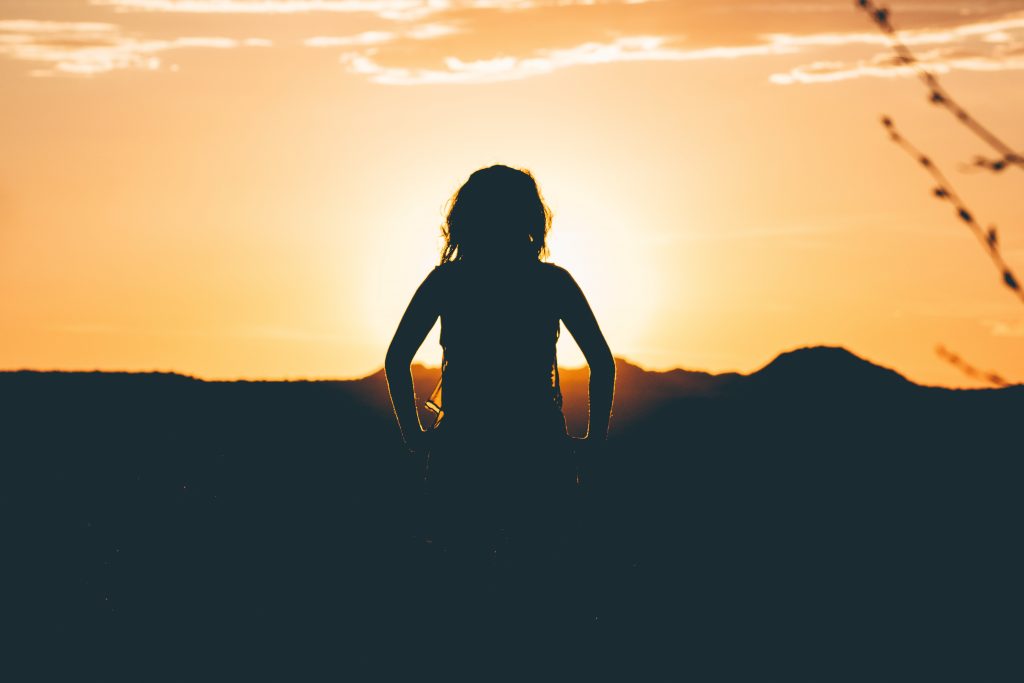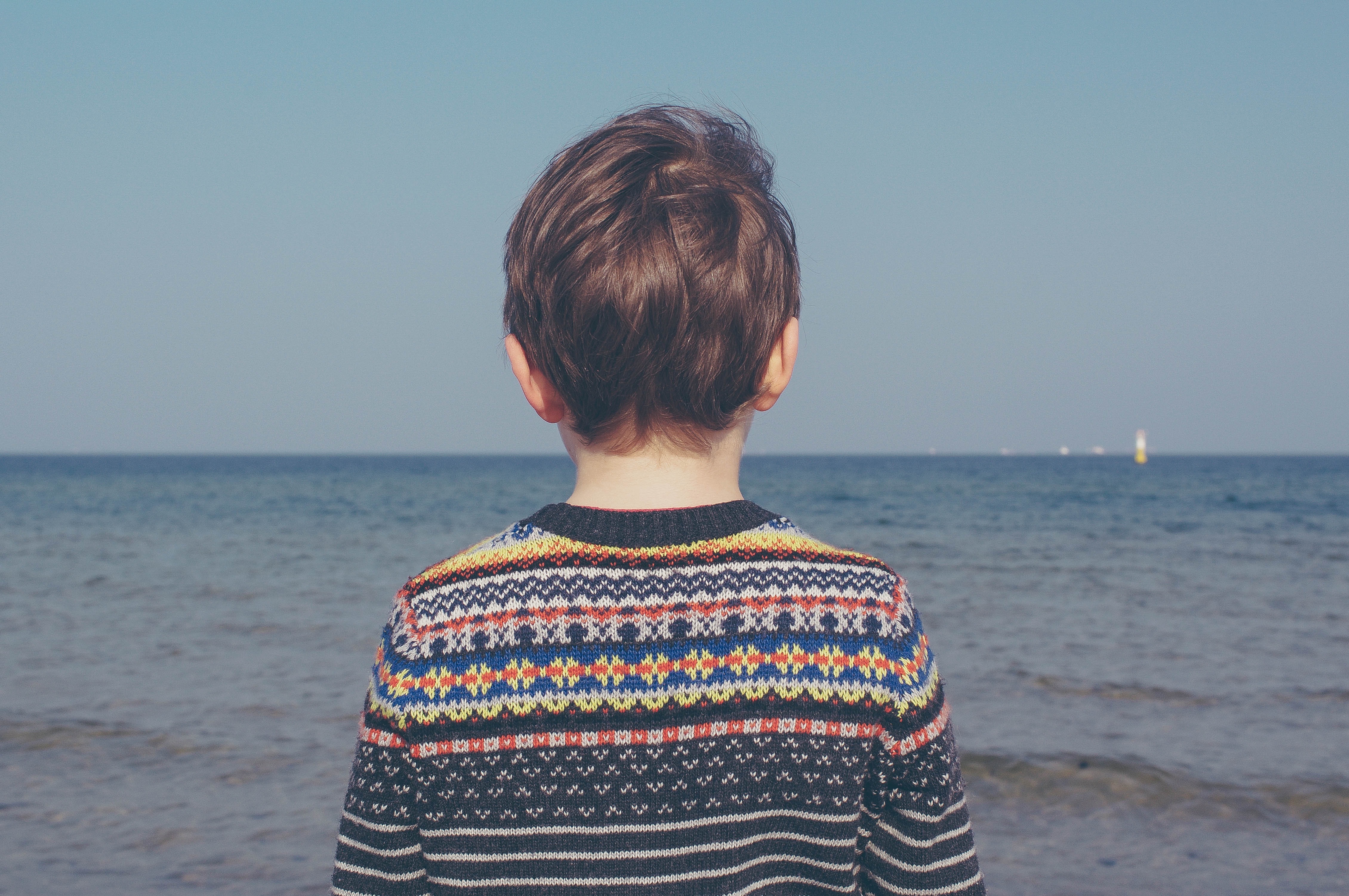Public hearings have begun as part of the Independent Inquiry into Child Sexual Abuse in England and Wales.
The inquiry, which was set up in 2014, will look at whether public bodies and other non-state institutions took their duty of care to protect children seriously enough.
The public hearings allow individuals to present their views, evidence and experiences to the inquiry, and the initial sessions will focus on British children sent to Australia between 1945 and 1974. Alexis Jay, chairwoman of the inquiry, said she was “grateful for the courage” of those who had come forward.
What’s the background to this?
The inquiry was launched by the Government after revelations came to light about Jimmy Savile and Cyril Smith committing numerous acts of sexual abuse on children before they died. Many people believed they should have been prosecuted while they were still alive, which led to allegations of a culture of crimes being covered up. Crucially, these were crimes the government has a duty to investigate under human rights law.
The scope of the inquiry is very broad. It will look a public bodies and other non-state institutions to investigate if they took their duty of care to protect children from sexual abuse seriously enough, including allegations surrounding well-known people and celebrities.

This first stage looks at children who were moved to Australia in the wake of the Second World War. Up to 10,000 children were taken abroad and recruited by religious institutions or charities. Many of the children, however, suffered physical and sexual abuse in the homes and schools they were placed in and the inquiry will look at what the UK should have done to protect them.
Thirteen former child migrants are expected to give evidence in this section of the inquiry. One, Jay Walsh, told the BBC he was raped and beaten at a school in Australia. He added:
We had no parents, we had no relatives, there was nowhere we could go, these brothers – these paedophiles – must have thought they were in hog heaven. I don’t know how I managed to have children because I didn’t like my wife to sit next to me and I loved her dearly.
What does this have to do with human rights?
Article 3 of the Human Rights Convention protects everyone in the UK against inhuman and degrading treatment, including children. As well as ensuring the state doesn’t carry out torture or any other degrading treatment, this also means there must be effective investigations into deaths and inhuman treatment, such as child abuse.
Because of human rights law, it is illegal in the UK to beat children, families have legal protection from being separated and children are protected when giving evidence in courts.
Want to read more on this story?
- Take a look at our infographic into the the right not to be subjected to inhumane treatment or torture
- See our previous news story on the inquiry appointing a new chairwoman
- Read more about the aims on the inquiry on their website







